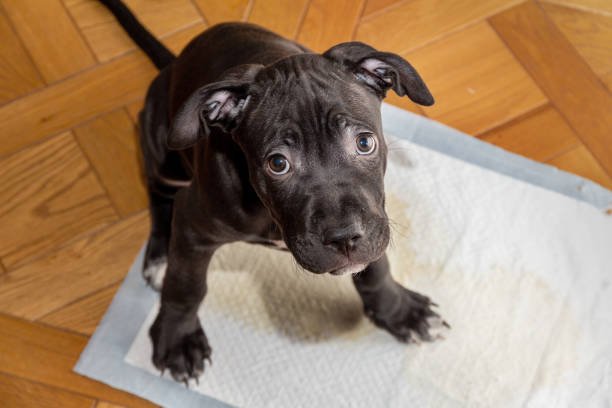Mastering Potty Training: Essential Tips for Dogs of All Ages
Is Your Dog Potty Trained Enough?
House training a puppy or adult dog is a crucial aspect of pet ownership. It’s an essential skill that contributes to a harmonious relationship between you and your furry friend. While some may find it challenging, others view it as a fundamental part of caring for a pet.
Discover valuable insights and practical tips on house training puppies and dogs by subscribing to our free course.
Before diving into the training process, there are a few key points to consider:
- Understanding your dog’s body language is vital. Pay attention to signs indicating when your pet needs to eliminate.
- Puppies require frequent potty breaks, typically after waking up, playing, or eating.
- Establishing a consistent routine is essential. Take your dog to the designated elimination area at regular intervals.
- Positive reinforcement is key to successful training. Praise and rewards for desired behavior encourage repetition.
- Signal training, such as using a bell, can help your dog communicate their needs effectively.
- Until fully trained, supervision is necessary to prevent accidents indoors.
- Crate training offers a safe and comfortable den for your dog and helps reinforce good behavior.
- Litter pan training is an option for small dogs or those without access to outdoor spaces.
Remember, patience and consistency are crucial when house training a dog. Accidents may happen, but with dedication and positive reinforcement, you can achieve success.
Explore our free course to learn more about housebreaking puppies and adult dogs.
Now, let’s delve into the specifics of potty training for both puppies and adult dogs.

Potty Training A Puppy:
Regardless of breed, housetraining a puppy presents unique challenges for dog owners. It’s not as simple as providing newspapers; it requires patience and consistency.
Puppies don’t gain full bladder control until around 4 to 5 months of age. Due to their rapid growth, they need frequent bathroom breaks throughout the day.
Establishing a routine of taking your puppy to the designated area after meals, naps, and play sessions is crucial. Consistency is key to developing good habits.
Potty Training An Adult Dog:
Restarting the training process is often the best approach when housetraining an adult dog.
Observation and consistency are vital. Take note of your dog’s behavior and schedule, and gradually reintroduce crate training if needed.
Remember, achieving a perfectly housetrained dog requires commitment and patience. Don’t expect instant results, but with the right approach, you’ll see progress over time.
Unlock the secrets to successful potty training by accessing our free course today.
Begin your journey to a well-trained and happy dog today!


